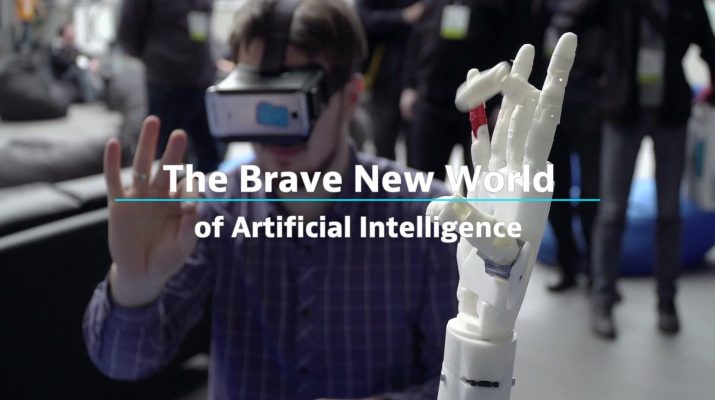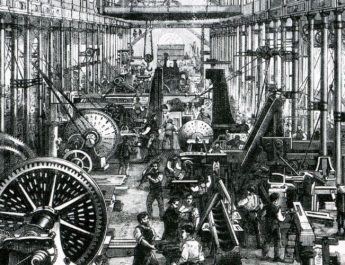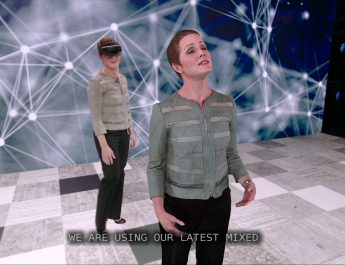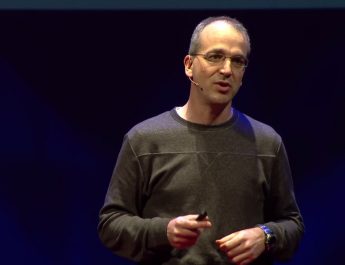Artificial intelligence is a game-changer. It could boost global productivity from 0.8% to 1.4% a year. But with thorny issues like job automation and data privacy, does AI-spurred growth come at a cost?
Artificial Intelligence is not a thing, it’s a process.
Christina Colclough,
Director, Platform and Agency Workers, Digitalisation and Trade, UNI Global Union
“Artificial Intelligence is a set, a way of using a lot of data to produce a particular outcome. Now, this outcome can be answers to questions. So very often, if you phone a company, it’s a chat bot who’s actually answering your questions. It’s also being used in the medical industry for example, looking at cells to see if they’re cancer cells and so forth. So Artificial Intelligence is not a thing. It’s a process.”
AI: pattern recognition and machine translation.
Stuart Russell,
Professor of Computer Science, University of California, Berkeley
“The progress that’s been made in the last few years has been mainly in pattern recognition. Another big area is machine translation, being able to do speech to speech translation in real time, where I could speak in English and someone could hear Chinese at the other end.”
The possibilities of AI in e-governance are quite wide.
Marten Kaetats,
National Digital Advisor, Governmnet Office of Estonia
“The possibilities of artificial intelligence in e-governance are quite wide, from e-health to driverless buses and public transportation.”
AI and digital security.
Dudu Mimran,
CTO, Telekom Innovation Labs, Israel
“What we see today is actually mostly AI deployed in the area of detecting and identifying malicious behavior. But when we think about the next wave of cyber threats, only AI can be able to respond to that.”
AI and inequality.
Cedric Villani,
MP France, mathematician and Lead: French AI Roadmap
“There are many cases in which new technology has a natural tendency to increase inequalities. In the case of AI, may be even more tricky, first because of the nature of current AI, which thrives on the huge amounts of data, and the use of the technology is better done by the companies. So it’s like a natural monopoly reinforcement system.”
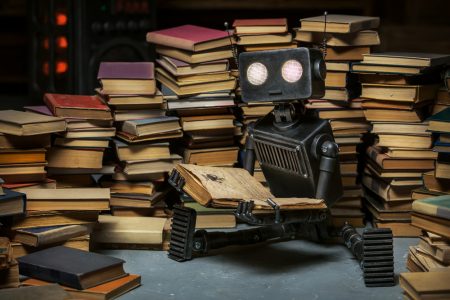
AI and the future of work
Dudu Mimran,
CTO, Telekom Innovation Labs, Israel
“Artificial intelligence cannot decide and create reasoning without the data itself. So the ability to control and to understand the type of data that exist, then I think this is an interesting beginning. Basically now it’s like the Wild West, so all the companies are collecting whatever data they can collect by law.”
Stuart Russell,
Professor of Computer Science, University of California, Berkeley
“One of the reasons why middle class jobs are disappearing is that automation is taking over many of those clerical functions and factory functions.”
Christina Colclough,
Director, Platform and Agency Workers, Digitalisation and Trade, UNI Global Union
“Some of AI researchers I work with they told me quite excitedly, oh, we now know from the medical industry what seven conditions need to be in place in a person’s life for that person later in life to develop a depression. Now, fast forward to a job situation, are you not going to get a job because you may have five of these seven conditions? We become subjects to the AI’s decisions.”
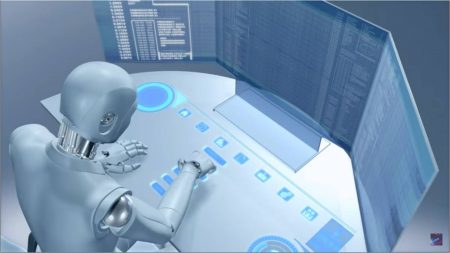
Is AI a threat to democracy?
Stuart Russell,
Professor of Computer Science, University of California, Berkeley
“There are already misuses of AI for misinformation, propaganda, manipulation of people.”
AI: The human-machine relationship
Dudu Mimran,
CTO, Telekom Innovation Labs, Israel
“In the recent elections, an intelligent machine was able on the one hand to profile all the citizens and then to create microtargeting advertisements and material that actually changed the mind of people. Of course, humans cannot create that culpability, and that actually presents a serious threat to democracies.”
Cedric Villani,
MP France, mathematician and Lead: French AI Roadmap
“There are several ways you can attack this study of the human-machine relation. One is by asking about the possible best cooperation between the human and the machine, and to go beyond the debate about machine replacing human, to transform this into the collaboration problem.”
Masamichi Kono,
Deputy Secretary-General, OECD
“At the OECD, we’re working hard to help set the course for AI in transforming fundamentally our lives and societies.And the critical question now for future generations is, what kind of society do we want.”
Source: https://www.oecd-forum.org/

